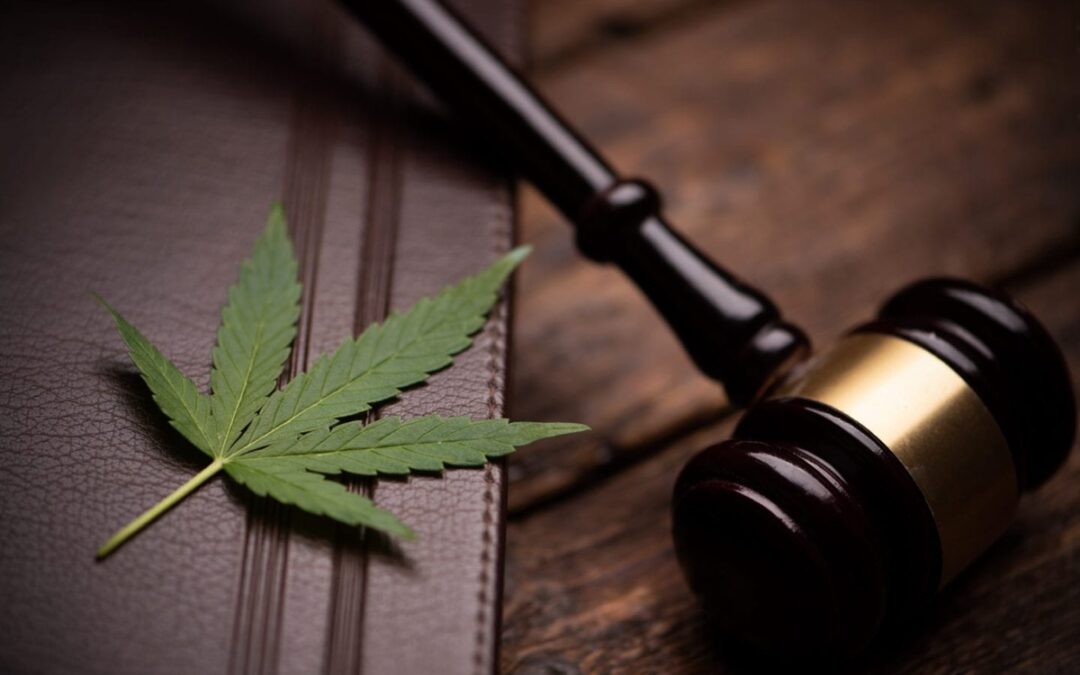Last month, the U.S. Supreme Court denied review of a case out of Colorado dealing with a medical marijuana dispensary’s challenge to a tax code provision. After denying review, Justice Thomas—one of the Court’s most conservative members and one not known for offering unsolicited political or legal opinions—issued a statement indicating that, with an increasing number of states legalizing marijuana, “a prohibition on intrastate use or cultivation of marijuana may no longer be necessary or proper to support the Federal Government’s piecemeal approach.” He then went even further, describing the Colorado case that the Court declined to hear as a prime example of the fact that marijuana businesses do not experience “equal treatment” under the law. For almost two decades now, the Court has upheld and relied on its 2004 decision in Gonzales v. Raich, in which it held that Congress’ power to regulate interstate commerce authorized it “to prohibit the local cultivation and use of marijuana.” Interestingly, for those of certain legal history mindset, Gonzales itself had relied upon the famous WWII-era case Wickard v. Filburn (1941) which extended Congress’ ability to regulate interstate commerce to a farmer’s decision whether or not to grow wheat on his farm. Suffice it to say, both Gonzales and Wickard suggest a very broad reading of “interstate commerce” which allows Congress to regulate … well, nearly anything. In Gonzales, the Court reasoned that Congress “enacted comprehensive legislation to regulate the interstate market in a fungible commodity” and that any exemption for local use could undermine this “comprehensive” regime. In doing so, the Court focused on Congress’ decision to “prohibit entirely the possession or use of marijuana” and had “designate[d] marijuana as contraband for any purpose.” As a result, prohibiting intrastate use was, according to the Court, “‘necessary and proper” to avoid a “gaping hole” in Congress’ regulatory scheme. Thus, Congress’ power to regulate interstate commerce appeared to reach, per Gonzales, even wholly intrastate acts. It’s hard to imagine a broader mandate than the power to regulate either interstate or intrastate acts.
Sean Hocking, Cannabis Law Report, 08/01/2021 19:57:00

